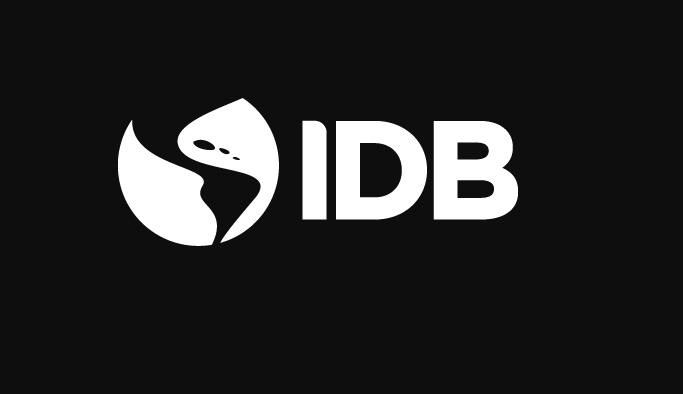NASSAU, BAHAMAS- A recent Inter-American Development Bank (IDB) report has once again highlighted the need to improve reliability of telecommunications and energy in the country in addition to greater digital adoption, noting that based on the country’s income per capita these areas are key development gaps in need of further investment.
The country summary on The Bahamas in the IDB’s Caribbean Economic Quarterly report noted that “both the COVID-19 pandemic as well as the rising threat of natural disasters mean that businesses must find new ways to maintain continuity while increasing productivity.”
“New technologies such as mobile money offer new opportunities, especially within the e-commerce space, for both businesses and residents across the sparsely populated Family Islands. Yet, investment in traditional infrastructure is also needed, particularly for the provision of power. That infrastructure is still overwhelmingly dependent on aging infrastructure that is prone to outages. If the private sector is the engine of the economy, then infrastructure is the highway on which those engines need to run. Without it, it will be more difficult for the Bahamian economy to reach its goal of sustainable growth and development,” the country summary noted.
The report further noted that the unreliability of energy and telecommunications in The Bahamas broadly suggests a need for improvement. “According to IDB calculations, based on income per capita in The Bahamas, energy, telecommunications, and digital adoption were ranked as key development gaps in need of further investment.”
The report also noted that across the Caribbean, the usage of mobile money payments is almost non-existent. “On the other hand, unlike its peers across the region, Bahamian large firms were more likely than their smaller counterparts to refuse credit card payments, both in person and remotely. Even before the rollout of the Sand Dollar in 2022, the level of resistance to payment methods outside of cash was high and may partly explain the slow uptake of Sand Dollars by citizens and firms.”
According to the reports even percent of small businesses in The Bahamas accepted mobile money and 73 percent credit cards while pst large businesses did not accept mobile money and 56 percent accepted credit cards.





